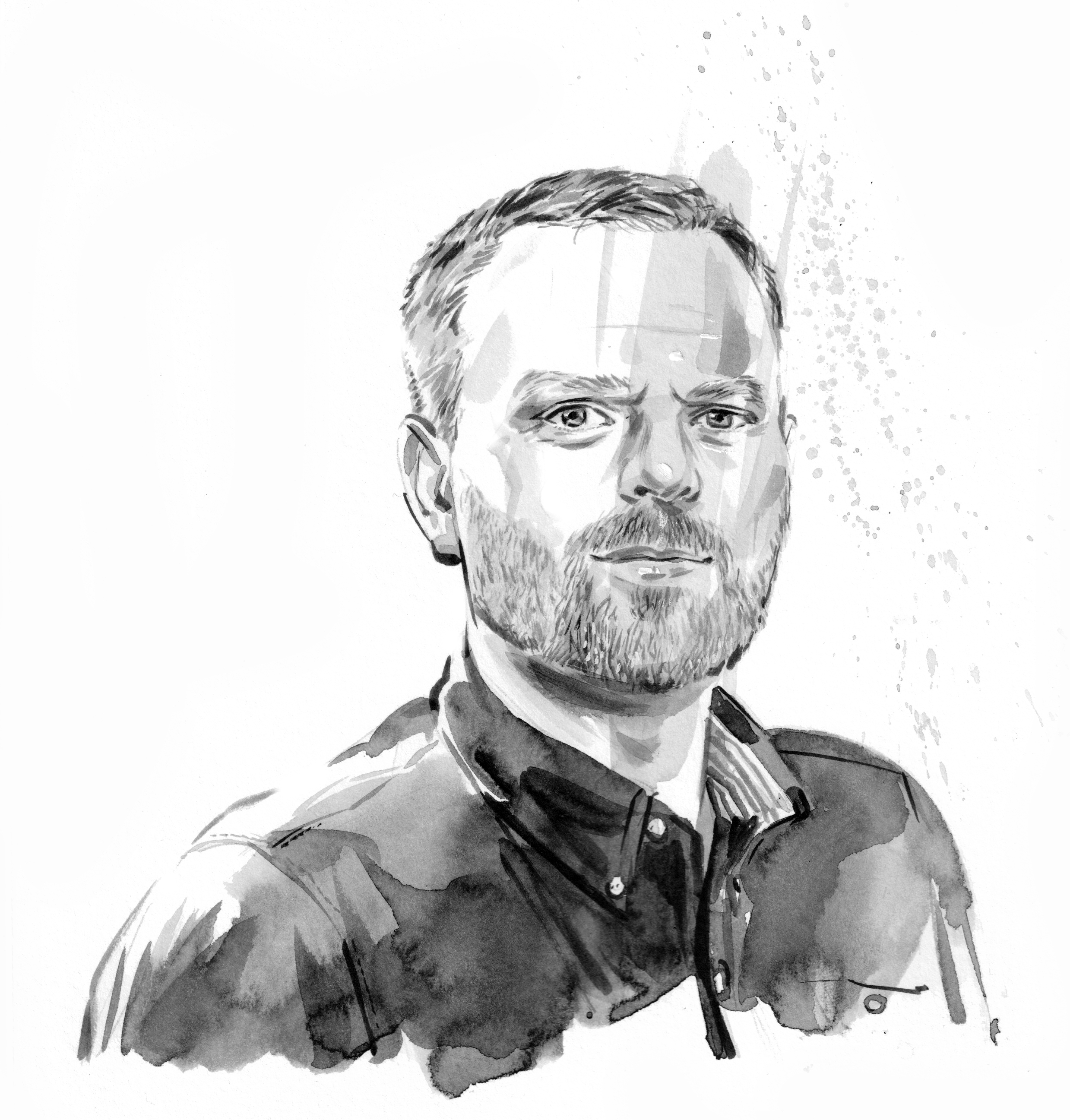Eventually, everyone in education comes to the conclusion that “the answer” - the elusive solution to ensure success for all - is the early years. As interventions struggle in college, in secondary, and in primary, the gaze turns downward: “If only someone had tackled this problem earlier” is heard as often in school corridors as it is in ministerial meeting rooms.
And so, it was no surprise to hear Amanda Spielman, chief inspector of Ofsted, announce this week that the Ofsted focus for the next five years will be the early years foundation stage (EYFS). The early years is “the area in which our work can have the most impact”, she said, adding that the sector could, at times, feel “undervalued and overlooked”.
There was much to welcome in her announcement, not least her recognition of the importance of play to learning. For too long under the current government, play has been the word that should never be mentioned in a positive light. Spielman deserves huge credit for breaking the taboo.
Yet I was still left feeling uneasy. Spielman’s shift in emphasis comes on the back of months of many advisers to the government talking up the need to “get EYFS sorted” (I paraphrase, but you get the gist).
There is a frustration that the changes made further up the school phases - on curriculum, behaviour, pedagogy - are not having the impact that was expected and, rather than take another look at those changes, the belief seems to be that the issue lies with the first steps into schooling. A common thread of argument is that it was once believed phonics would provide solid foundations, but now it’s clear attention needs to focus even earlier.
How that attention might manifest is hugely concerning.
The pitfalls of increased attention
It’s not a new discovery that investment early in schooling pays dividends later on in multiple ways. Much research over the past few decades has explored the benefits of providing a solid base for education, most notably the (recently contested) work of American economist James Heckman. He has been hugely influential among politicians on both sides of the Atlantic.
But what all this research doesn’t tell you is how that solid base should be best created in EYFS provision. This leaves too much room for ideology to seep in and cause havoc. We are already seeing efforts to bring EYFS in line with the rest of education in terms of pedagogy (in the form of cognitive-science based approaches, for example) and standardised testing, with little evidence as to whether either of those things is appropriate for this age group.
The research also does not make it clear enough that increased investment in early years has to be in addition to, not instead of, investment in the rest of schooling: better funding and research in EYFS can give kids a push in the right direction, but unless we keep providing adequate fuel, things will stall very quickly. (See our long read today for details on how important a holistic, cradle to career approach is.)
And most importantly, there is not enough recognition that investment in EYFS has to be made with a clear understanding of child development.
A prominent developmental psychologist once walked me through a typical scenario. Fifty children at the age of 2 are identified with language challenges. An intervention is funded, and by the age of 7, 60 per cent of those children’s challenges have disappeared. Seemingly, this is a fantastic return on that early investment.
Except, for a large proportion of the children, the challenges would have naturally resolved by that age anyway, because they were simply on a different developmental trajectory to some of their peers. And actually, some of those children now have different challenges that do need urgent intervention, but unfortunately, all the money was spent when they were 2 years old on assistance they didn’t need.
This example was by no means offered as an argument against early intervention, but rather as a cautionary tale about the complexity of the ‘when’ and ‘where’ of investment in educational intervention, and how important it is to be well informed about the various factors that can influence a child’s development.
So, yes, I’m cynical of the calls to shift the government’s gaze downwards. I don’t foresee a flood of money being spent in the right way, backed by the right evidence, that is sensitive to the whole span of education (though I will be delighted if the proposed EYFS catch-up hubs prove me wrong)
Instead, I can see greater demands being placed on a grossly underfunded educational stage, with no new money and with no appreciation of the evidence that we do have or acknowledgement of where the research is light. And I don’t see a consultation process during which those working in the sector performing miracles with very little pay are genuinely listened to.
Early years education is vital: that we can all agree on. But let’s hope the government listens to the evidence and ignores the advice they are sometimes getting, which often amounts to not much more than blame of, and ideological meddling in, a sector of which we should already be very proud.





